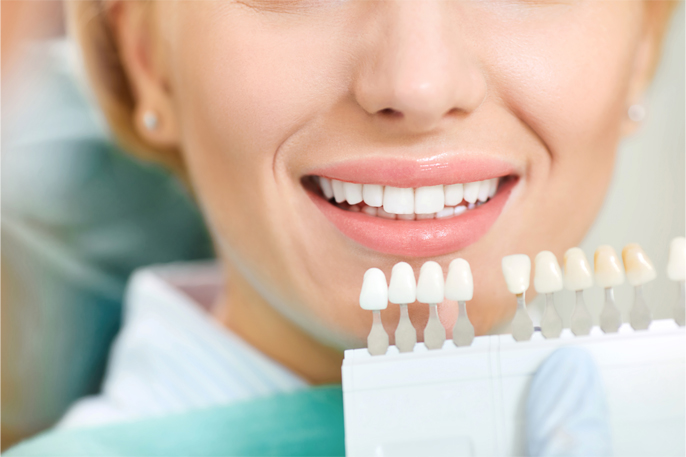We can be the absolute best at maintaining our daily oral health routine, and the negative effects of soda will still catch up to us. It may not seem like a big deal; we consume sugary, acidic foods every day, but soda is a special exception. Here are some things we think you should consider before reaching for that next can or bottle of soda, and when evaluating your soda consumption habits.
Sugar Content
More than most beverages, soda contains a high amount of sugar. Sugar can coat our teeth or get stuck in the hard-to-reach spaces of our mouths, allowing sugar-eating bacteria to feed off it. These bacteria in turn excrete acid, and that acid is what contributes to tooth decay. The more sugar we consume, the more sugar the bacteria can consume, escalating our risk of decay.
Acidity
Sugar-eating bacteria can excrete acid, but there is also acid in the beverage itself. Diet sodas are no exception as they contain the same amounts of phosphoric and citric acid as non-diet varieties, even if they don’t contain the same amount of sugar. Acidic foods eat away at our protective enamel, leaving a tooth prone to decay.
Food Dye
A tooth can be stained by artificial food dyes such as caramel color, Yellow #5, etc. While coffee and other dark-colored beverages and foods may contribute to tooth staining as well, many of us consume a lot of soda, making it a primary culprit. If you want the flavor and fizz of something other than water, start swapping your soda with sparking flavored water, for all the fun without the stains.
To schedule an appointment or learn more about the beautiful smiles Dr. Here’s How McMiller has created visit us online today at www.dreamworksdentalcare.com.
Dr. Sukari McMiller proudly serves patients from Fayetteville and all surrounding areas.






